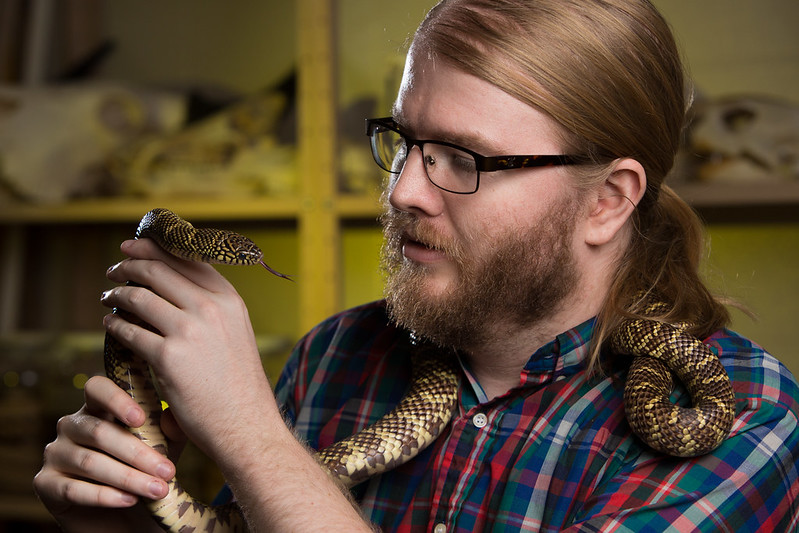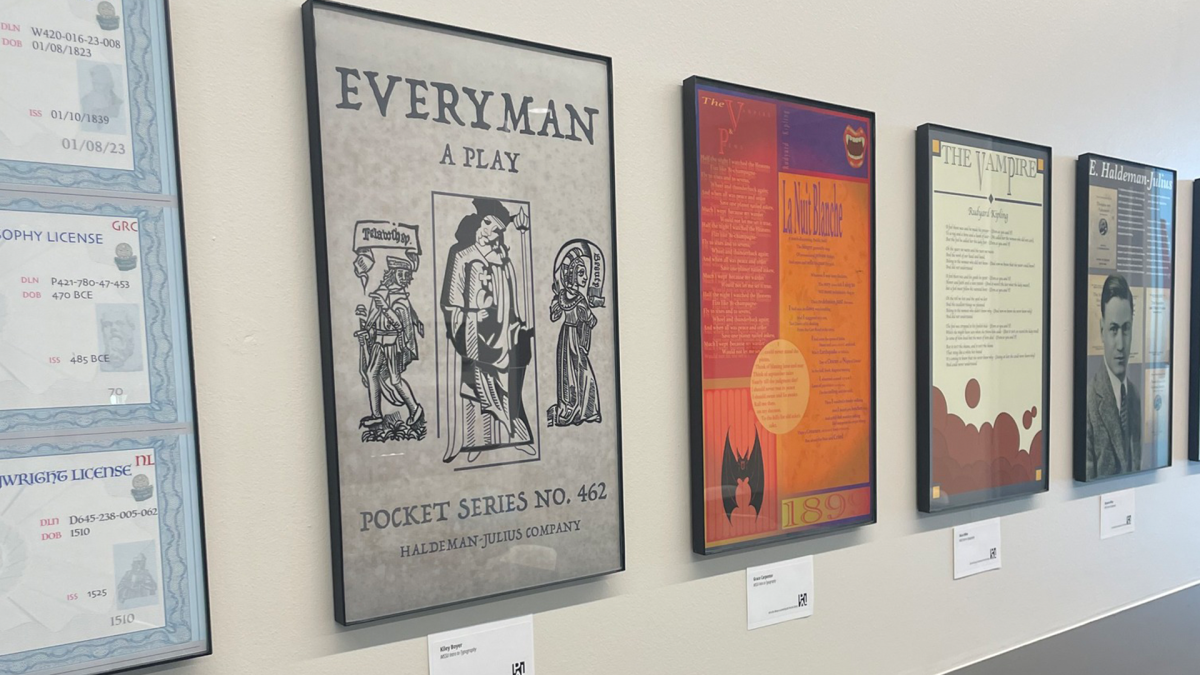I may be the only remaining college student who’s never used ChatGPT.
I’m no stranger to the chatbot: Duolingo, Affirm customer service, Walmart package tracking. But something about the omniscient, arrant power of ChatGPT intimidates me. And as an English major, its capacity to mimic human writing is downright threatening. I’ve never asked ChatGPT anything, especially not an assignment prompt.
But let’s be real. A.I. is part of the changing tide of education, whether we English majors like it or not. BestColleges reported that one in five college students uses A.I., even while half acknowledge that its use in coursework is plagiarism. ChatGPT is on campus.
But does it belong here?
I think the answer depends on what we and our university value. I’m imagining a balancing scale. On one pan, there’s a decent essay, submitted on time, written by ChatGPT. On the other pan, there’s a sub-par essay, possibly submitted late, written by a struggling student. The first got 86/100, maintained a GPA, renewed scholarships, was academically dishonest and the submitting student learned nothing. The second got 70/100, threatened a GPA and scholarship renewals, was academically honest and the student learned something, even if their writing could use some work. Where does the scale land?
I know my answer, but nobody likes the morality police.
The fact remains that ChatGPT can’t generate new ideas. It can only regurgitate what already exists, what we have fed it. It can’t think critically. It can’t really think at all. It doesn’t have a personal voice, because it has infinitely many voices. It’s plagiarism, no matter how you slice it. If we accept the use of ChatGPT in essay assignments, for example, why assign essays at all?
But what about those who struggle to write essays, to organize thoughts into words? ChatGPT doesn’t have to write essays; it can provide feedback or generate outlines. 30 percent of students surveyed by BestColleges reported using A.I. to generate work that they then edited.
To those 30 percent, I ask you: why are you here?
Are you here to get a grade? If so, continue to source the skeletons of your assignments from ChatGPT.
Are you here to learn? If so, exit out of that tab.
(And to the 17 percent that submit ChatGPT generations without editing: have you heard of Turnitin?)
Whatever you’re sourcing from A.I., you’re sacrificing the chance to learn. If your essay flops, so be it. You’ll get feedback and you’ll do better next time. You’ll learn something. The fear of a poor grade shouldn’t govern your education. The desire to learn something should.
But hypocrisy runs deep on the subject of A.I., so let’s give it a go. I asked ChatGPT (politely, in case the robots take over someday): “Please write me an article about using ChatGPT in college assignments.” Here’s what it wrote:
Enhancing College Assignments with ChatGPT: A Modern Approach to Learning
In today’s digital age, technology has become an integral part of education, revolutionizing traditional teaching methods and transforming the way students learn and engage with course materials. Among the innovative tools that have gained prominence in educational settings is ChatGPT, an AI-powered language model developed by OpenAI. This cutting-edge technology has found its way into college assignments, offering students a unique opportunity to enhance their learning experience and academic performance.
ChatGPT, built upon the GPT (Generative Pre-trained Transformer) architecture, is capable of understanding and generating human-like text based on the input it receives. Its ability to comprehend context, generate coherent responses, and simulate natural conversation makes it an invaluable resource for students tackling various academic tasks, from writing essays to solving complex problems.
One of the primary ways in which ChatGPT is utilized in college assignments is for brainstorming and generating ideas. When faced with a blank page or struggling to develop a thesis statement, students can turn to ChatGPT for inspiration. By providing a prompt or topic, students can engage in a dialogue with the AI model, receiving suggestions and insights that can spark creativity and guide their thinking process.
Furthermore, ChatGPT serves as a virtual writing assistant, helping students improve the quality and coherence of their written assignments. Whether it’s refining grammar and syntax, expanding upon key points, or restructuring paragraphs for better flow, ChatGPT can offer valuable suggestions and feedback to enhance the overall clarity and effectiveness of the student’s writing.
In addition to aiding in the writing process, ChatGPT can also be a valuable resource for research and fact-checking. With its vast knowledge base and access to a wide range of online sources, the AI model can quickly retrieve relevant information and provide accurate answers to questions posed by students. This can be particularly useful when conducting preliminary research for assignments or verifying facts and figures to support arguments.
Moreover, ChatGPT can facilitate collaborative learning and peer-to-peer interaction among students. By simulating conversations and group discussions, the AI model can help students refine their communication skills, exchange ideas, and engage in critical thinking exercises. This collaborative approach not only enhances the learning experience but also fosters a sense of community and camaraderie among students.
However, while ChatGPT offers numerous benefits for college assignments, it is essential to acknowledge its limitations and potential ethical considerations. As with any technology, there is a risk of overreliance on AI models like ChatGPT, which may hinder students’ development of essential academic skills, such as critical thinking and independent research. Additionally, there are concerns regarding the ethical use of AI in education, including issues related to plagiarism and intellectual property rights.
To address these concerns, educators must emphasize the responsible use of ChatGPT as a supplementary tool rather than a substitute for authentic learning experiences. Students should be encouraged to engage with the AI model critically, utilizing its capabilities to enhance their understanding and productivity while maintaining academic integrity.
In conclusion, the integration of ChatGPT into college assignments represents a significant advancement in educational technology, offering students a powerful tool to augment their learning experience and academic performance. By leveraging the AI model for brainstorming, writing assistance, research, and collaborative learning, students can develop essential skills and achieve greater success in their academic endeavors. However, it is crucial to approach the use of ChatGPT with caution, ensuring that it is employed responsibly and ethically to support, rather than replace, traditional learning methods.
Be honest: who’s was better?























